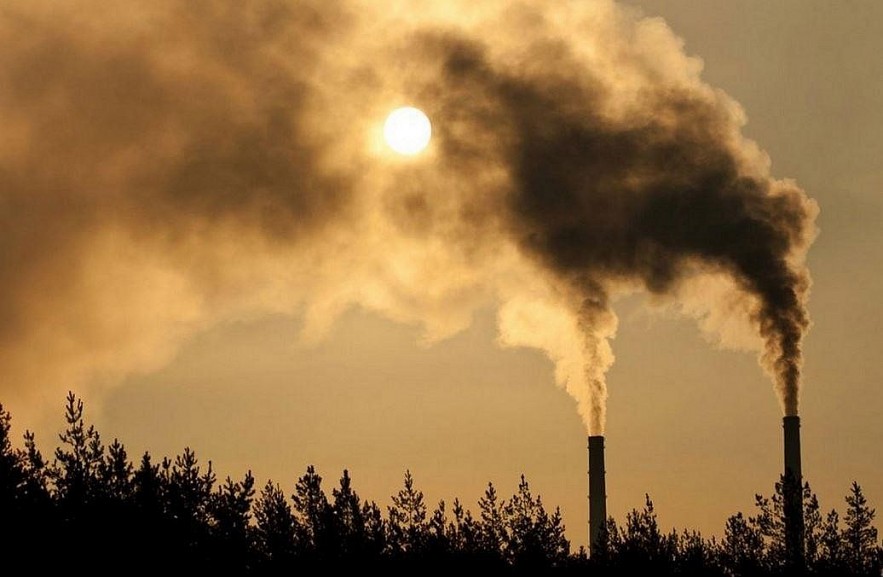 |
Air pollution is a critical issue in China, with fine particles in polluted air posing significant health risks to its citizens. These particles can penetrate deep into the lungs and cardiovascular system, causing a range of diseases, including stroke, heart disease, lung cancer, and respiratory infections. The main contributors to this pollution are industry, transportation, coal power plants, and household solid fuel usage.
Despite some previous efforts, the situation is worsening. China has become increasingly reliant on coal-fired power plants and heavy industries such as steel, aluminum, and cement production. This has led to a staggering statistic: approximately 2 million people in China currently die from air pollution-related causes.
China’s air quality ranks 13th in the world according to the global Air Quality Life Index, and the country is the largest emitter of atmosphere-warming greenhouse gases. The levels of air pollution are five times higher than the World Health Organization (WHO) guidelines, which is extremely concerning. Chinese President Xi Jinping’s recent comments about fossil fuels being the “mainstay” of the country’s energy system do not inspire confidence in the fight against this issue.
The concentration of harmful particulate matter, PM2.5, in China is significantly higher than the WHO limit. This has raised doubts about the country’s claims of reducing air pollution. While some progress may have been made, the current situation is still dire, with human-caused emissions being a major contributor.
China’s reliance on thermal power and the subsequent increase in coal extraction and imports have had negative consequences. This growing dependence on fossil fuels is thwarting pollution control efforts and jeopardizing the country’s goal of peaking climate-warming emissions by 2030. The rising levels of PM2.5 and ozone are causing potential health impacts, and even a task force from China’s national pollution research program has warned of severe health risks associated with short-term exposure to PM2.5.
With no indication of immediate action to reduce air pollution, Chinese citizens are left vulnerable to a range of respiratory and cardiovascular diseases. The country has become a nighttime ‘hot spot’ for the production of nitrate radicals, which further contributes to global atmospheric pollution. The mortality rate due to air pollution is expected to increase if preventive measures are not taken, and current levels are already dangerous, particularly for an aging population with higher levels of health issues.
Vietnam brings 30 citizens home from Wuhan
Vietnam has flown home 30 citizens from Wuhan in China’s Hubei province, the epicenter of the acute respiratory disease caused by the novel coronavirus.








